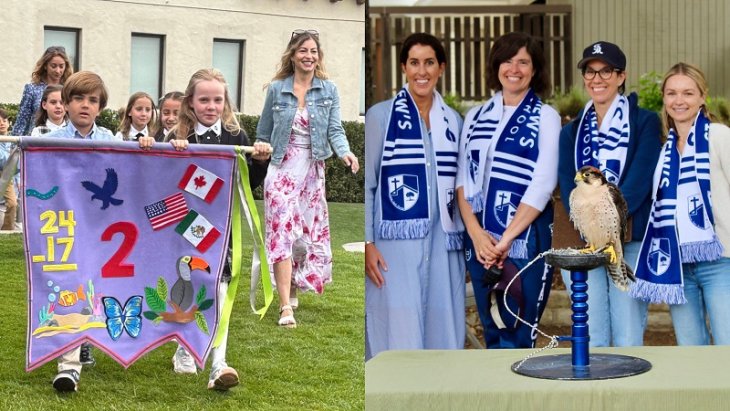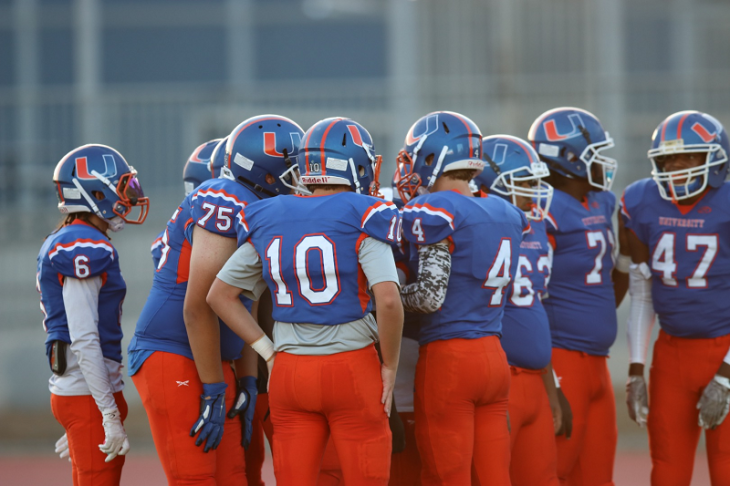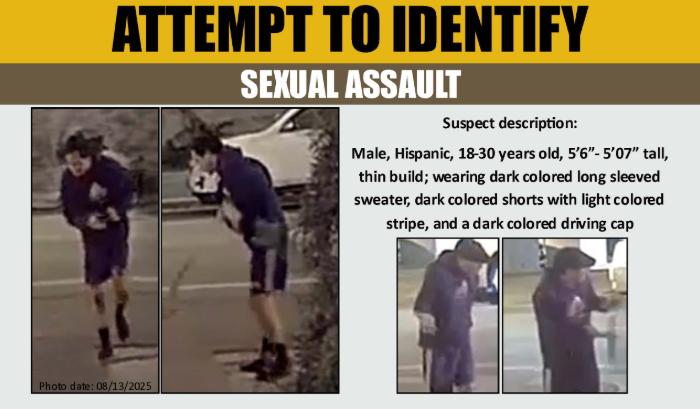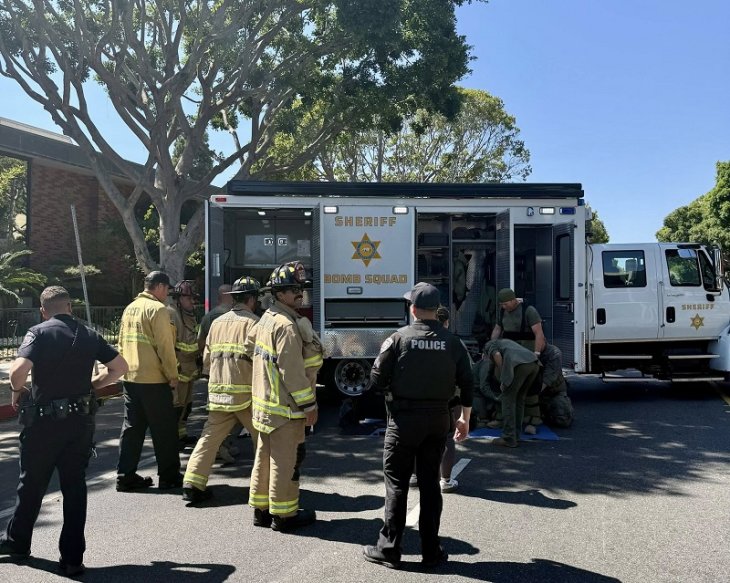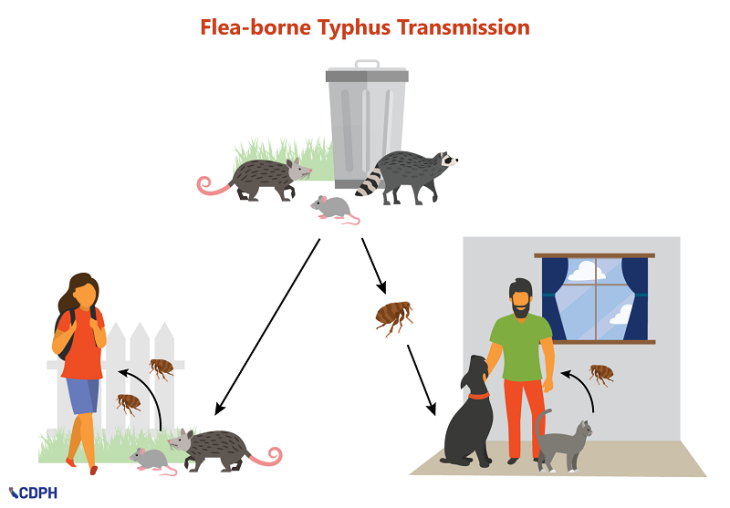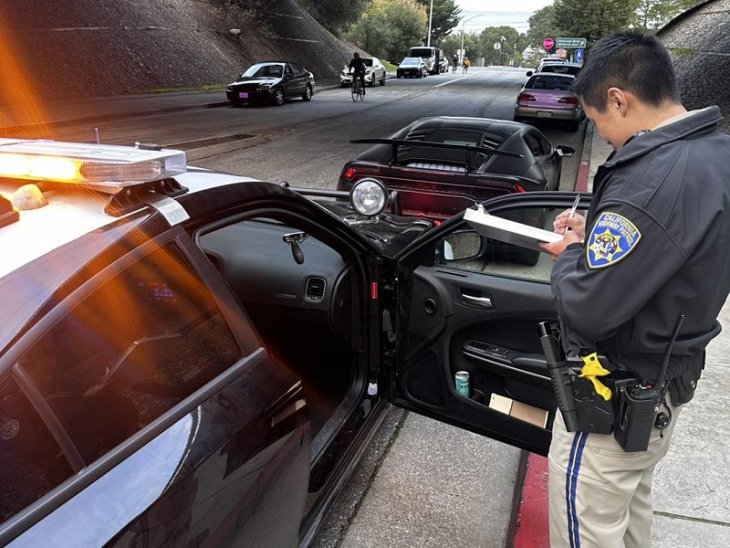
In a major victory for the late Marvin Gaye’s family, a federal jury found today that Pharrell Williams and Robin Thicke lifted portions of Gaye’s 1977 hit “Got to Give It Up” when they penned their chart-topping smash “Blurred Lines,” and the panel awarded Gaye’s family nearly $7.4 million in damages.
The eight-member panel reached its verdict on its second full day of deliberations in downtown Los Angeles. In response to the verdict, Gaye family attorney Richard Busch said he plans to seek an injunction blocking future sales of “Blurred Lines.”
Some members of Gaye’s family, and even one of the family’s attorneys, wept as the verdict was announced. The family had been seeking part of the nearly $16.5 million in profits the song has reaped since its release two years ago. The jury awarded about $4 million in damages, plus roughly $3.4 million in profits.
Williams and Thicke — who turned 38 today — were not in court when the verdict was read. The jury cleared rapper Clifford “T.I.” Harris Jr., who also has a writing credit on the song, of any wrongdoing.
The verdict is a “miracle,” Gaye’s daughter, Nona, told reporters outside the courthouse. “I’m so filled with emotion that it’s hard to get the words out.”
She said the family pursued the legal action “because he (Marvin) can’t do it for himself.”
A representative for Williams issued a statement expressing disappointment in the verdict.
“While we respect the judicial process, we are extremely disappointed in the ruling made today, which sets a horrible precedent for music and creativity going forward,” according to the statement, which was reported by ABC News. “Pharrell created ‘Blurred Lines’ from his heart, mind and soul and the song was not taken from anyone or anywhere else. We are reviewing the decision, considering our options and you will hear more from us soon about this matter.”
At the time the Gaye song was copyrighted nearly 40 years ago, only written music — not sound recordings — could be registered with the copyright office.
During two weeks of trial, jurors heard “Blurred Lines” compared to the sheet music of “Got to Give It Up” played by a professional keyboardist in various pre-recorded configurations. Musicologists for both sides spent days on the witness stand dissecting the songs.
Thicke attorney Howard King said outside court that it appeared the jury “listened to the experts. And that influenced them more than the music.”
“To us, it was always so simple — listen to the songs,” he said.
A middle-aged juror, who declined to give her name, said as she left the courthouse that deliberations had been “difficult.”
As the jury deliberated this morning, the panel submitted a question, asking about differences between the registered copy of the 1977 tune versus the “lead sheet” used by session musicians. The panel then resumed deliberating, later asking for a clarification of language on the verdict form.
“Any of us are free to build on ‘Got to Give It Up’ — as long as we don’t copy the notes of ‘Got to Give It Up,”‘ King said in his closing argument. “The Gaye family doesn’t own a genre or a groove.”
Busch countered that Williams and Thicke intentionally created their 2013 hit as an updated copy of the disco-tinged “Got to Give It Up.”
Williams, 41, testified last week that the two songs share “feel — not infringement.”
Evidence read into the court record showed that Thicke and Williams each earned more than $5 million from the success of the disc, while Harris — who got a co-writing credit due to his rap part added late in the recording — made more than $700,000.
Although jurors saw the “Blurred Lines” video and heard the song, they were told to only consider the chords, melodies and lyrics of the songs, rather than production elements of the recordings.
The federal lawsuit was originally brought two years ago by Thicke, Williams and Harris Jr. as a preemptive strike to protect “Blurred Lines” from legal claims that it was derived from the decades-old Gaye hit.
The Gaye clan then filed counterclaims alleging that Thicke’s apparent fascination with their late father led to the misappropriation of his work in the creation of “Blurred Lines” and in the title track of Thicke’s 2011 “Love After War” album.
In his testimony, Williams said he has loved Gaye’s music since hearing Motown records around the house growing up.
“The last thing you want to do is take something of someone else’s when you love him,” Williams told the jury. “If I had, I would have dealt with it properly. It’s the fair and right and just thing to do.”
The 11-time Grammy Award winner was adamant that “Blurred Lines” and “Got to Give It Up” were similar only in terms of genre.
“Soul music sounds like soul music,” Williams said, adding that he understood why fans connected the two songs.
Busch stressed that it was Williams and Thicke who began the litigation.
“We did not start this fight,” he said. “… Pharrell Williams and Robin Thicke filed this lawsuit against my clients, against the Gaye family, for having the temerity to question whether ‘Blurred Lines’ was an original song and whether it copied ‘Got to Give It Up.’ They thought that the Gaye family would not have the resources, they would not have the ability and they would not have the wherewithal to fight this fight. They (were) wrong. They started this fight, but we ended it.
“They chose to litigate this case in the press,” he said. “On the first day of this trial, Mr. Williams and his legal team appeared on the ‘Today’ show, and throughout this case, they made comments about how this was about a groove and about how this was an era and how this was about a genre. It wasn’t. It was about the copying of ‘Got to Give It Up.”‘
Asked how he felt upon hearing the verdict, heir Marvin Gaye III responded with one word that also holds resonance for fans of Williams: “Happy.”

